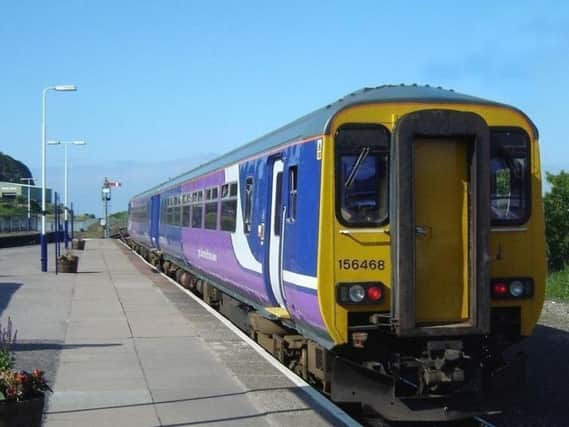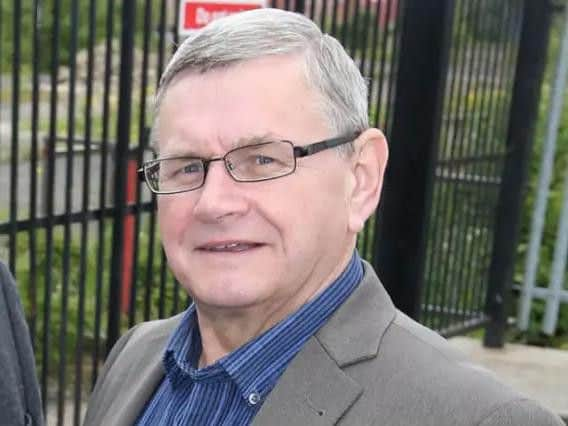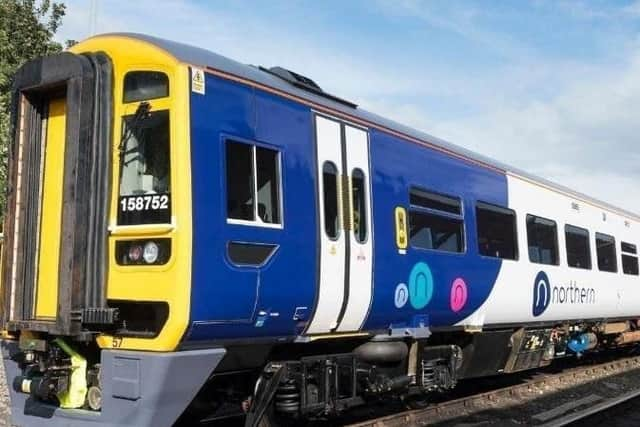Rail firms respond to claims Wakefield passengers are 'subsidising' public transport in Europe


Wakefield councillor Dick Taylor said that rail users from across the district were funding public transport in other countries, where the owners of some rail and bus firms are based.
Arriva, which runs rail companies Northern and CrossCountry and puts on buses across Wakefield, was taken over by the German business Deutsche Bahn in 2010.
Advertisement
Hide AdAdvertisement
Hide AdAnd until recently, Northern was owned by Serco Abellio, which is part Dutch.


The Rail Delivery Group, which represents train operators in the UK, did not explicitly dispute Coun Taylor's claims, but said that British taxpayers were "the main beneficiary" if companies made a profit.
Coun Taylor, who represents Featherstone for Labour, made his comments during a discussion about climate change at a Wakefield scrutiny committee on Monday.
Echoing criticisms of the district's public transport network that have been made previously, he said improving buses and trains would help reduce carbon emissions.
Advertisement
Hide AdAdvertisement
Hide AdCoun Taylor said: "Everybody here today has probably got stuck in traffic coming into Wakefield.


"One of the main ways of reducing congestion would be to sort out our public transport system.
"We need to get to a stage where people can't say, "There's no transport so I've had to come in the car," but it's a chicken and egg situation.
"We need to put the infrastructure in place so that people can use it.
"It's been a bee in my bonnet for a long time."
Advertisement
Hide AdAdvertisement
Hide AdThe council's environmental scrutiny committee is currently looking at ways to slash Wakefield's carbon footprint, after the authority declared a climate change emergency earlier this year.
But committee chair, Councillor Olivia Rowley, said that the privatisation of public transport meant it was effectively out of the council's remit.
She said: "Most of the companies who operate in this area are European, but the issue is the sheer cost of using public transport, particularly in remote parts of the district.
"The issue is whether or not we're able to control and input into that, so it's probably a much bigger problem than this council can take on at this moment in time.
Advertisement
Hide AdAdvertisement
Hide Ad"Back in the 70s and 80s, we had much more control and people were using it back then."
Coun Taylor added: "What's ironic is much of our public transport is owned from abroad, and they're subsidising their own transport systems.
"It's the people of this city, who are paying and subsidising people in Holland and Belgium and Germany and everywhere else, which I find stupid and ludicrous, frankly."
Asked about Coun Taylor's comments, a spokesman for the Rail Delivery Group said: "Train operators only make a profit if they run their franchises successfully, which means attracting more passengers to travel by offering a good service.
Advertisement
Hide AdAdvertisement
Hide Ad"When this happens, it generates extra revenue and the main beneficiary is the British taxpayer.
"That’s why the cost to taxpayers of running the railway is a quarter what it was in the 1990s, while train company margins are only two percent.
"Operators continue to invest in better services with 7,000 new and hundreds more refurbished carriages coming on track by 2021 so that 6,400 extra trains can run each week."
Local Democracy Reporting Service